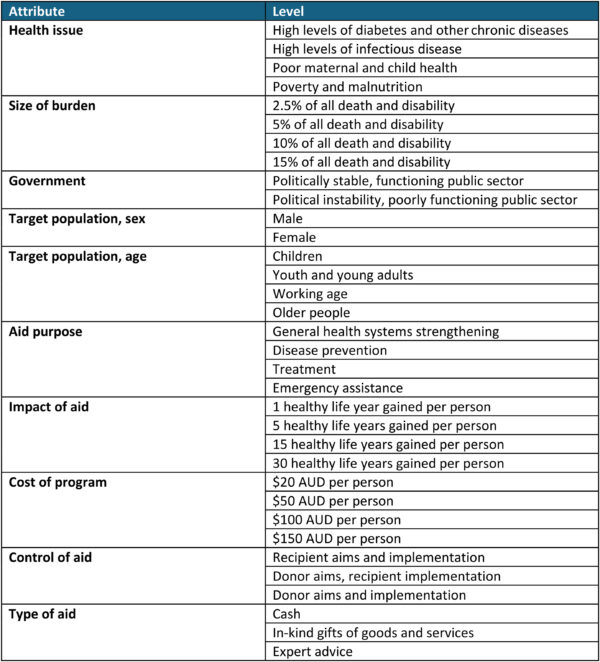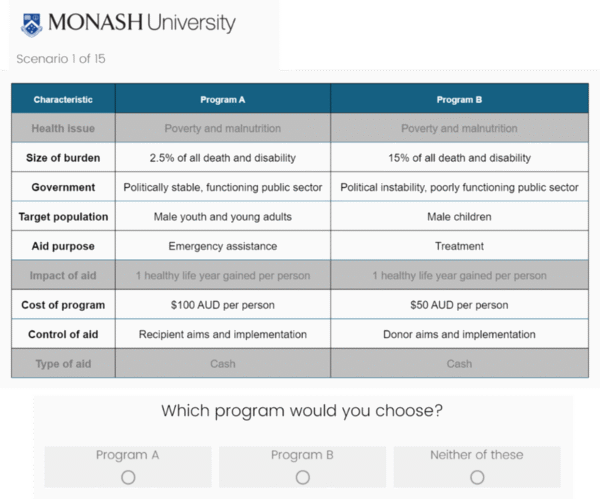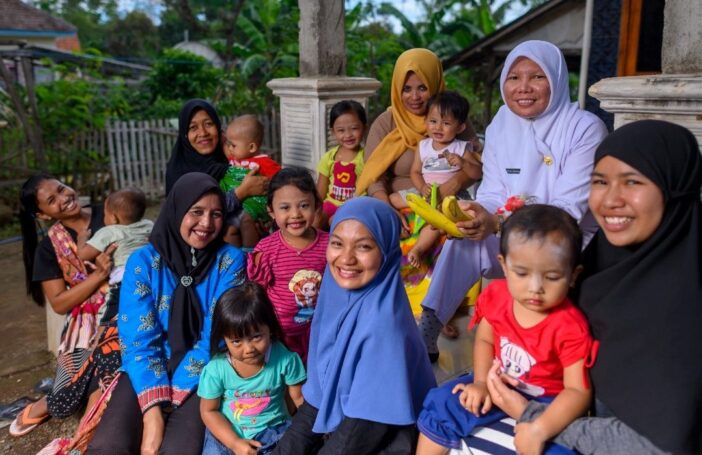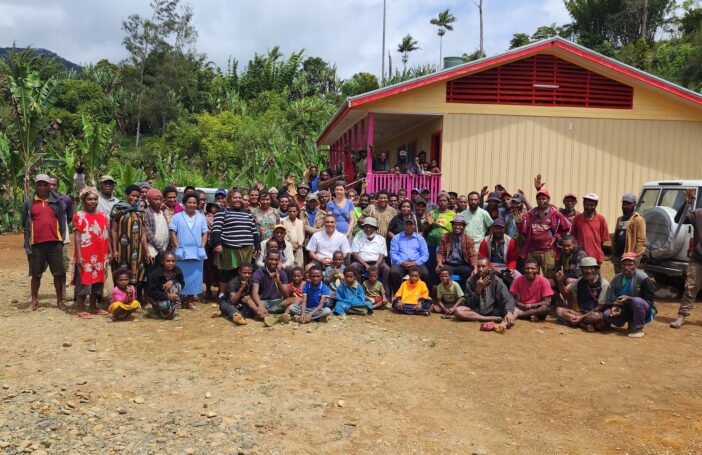Aid practitioners, researchers and policymakers understand the importance of contemporary aid practice that emphasises “alignment with recipient preferences”, “local ownership of aid”, “locally led development” and “decolonisation of aid”. The “decolonisation agenda” formalises this shared understanding and argues that supporting local control over aid has value as an end in itself, not just as a potentially more effective approach to aid delivery.
However, development aid for health typically remains tied to projects that reflect donor rather than recipient priorities and previous research suggests that — when given the option — donors prefer aid to be delivered as in-kind support such as vaccinations, health services or food aid rather than cash that can be spent as recipients see fit.
This has a significant impact on aid effectiveness and is inconsistent with the stated aims of development partners to decolonise aid and prioritise locally led development. Despite this, almost no attention has been given to understanding what might account for this divergence between what donors say and what donors do.
We recently published an article in the journal Social Science and Medicine on the methods and findings of our research which aims to fill this gap. First, we designed a discrete choice experiment (DCE) to elicit donor citizen preferences for allocation of Australia’s health aid program to Indonesia (the second-largest aid recipient of Australian aid). This survey-based experiment involved repeatedly asking donor citizens which of two hypothetical aid programs they were most likely to support. We described these two alternatives in terms of ten characteristics or attributes of aid programs and changed the alternatives under consideration in each repetition of the hypothetical choice.
Our ten attributes were identified from a systematic review of the literature, and a series of focus groups with aid practitioners, researchers and the general public. Figure 1 shows the attributes (and the attribute levels, which are the various values an attribute can take) used to describe alternative aid programs in our DCE.
Figure 1: Attributes and levels included in the experiment
Source: ‘Donor preferences for recipient control of international development aid‘.
The survey was administered online to a representative sample of Australian citizens aged 18 and over, who provide financial support to Australia’s official aid program through their tax contributions (“donor citizens”). Our final sample included 1,523 donor citizens and 22,845 observations (15 choice tasks per participant). Figure 2 shows an example of a choice task from our DCE.
Figure 2: Example choice task presented to participants
Source: ‘Donor preferences for recipient control of international development aid‘.
On average, we found that donor citizens have a strong aversion to recipient control and are unwilling to cede control of either the aims or implementation of aid programs. We segmented our sample into preference ”types” to understand how sociodemographic characteristics of respondents influence preferences. We identified four distinct types but were unable to identify any type with a preference for recipient control of either aims or implementation. At best, respondents characterised as “equity-minded altruists” and “less paternalistic altruists” might be said to be indifferent to recipient control (of aims, implementation or both) and none of our four types were supportive of recipient control.
At the most extreme end, we identified a type (27% share) with a strong aversion to cash aid as well as a statistically and behaviourally significant aversion to recipient control. For these “paternalistic altruists”, donor resistance to recipient control of aid may reflect a broader mistrust of recipient decision-making and competence.
Given the potential significance of our findings for the decolonisation agenda, we thought it important to exclude other possible explanations for our results. Donor citizen resistance to recipient control of aid could reflect an underlying preference for more effective aid. However, our experiment explicitly controlled for aid impact and cost of program. This suggest that donor citizen resistance to decolonising aid is unlikely to be capturing an underlying preference for more effective aid.
Donor citizen resistance to decolonising aid might also reflect an underlying preference for delivering aid into politically stable settings with effective government; perhaps because instability and ineffectiveness might undermine or undo the expected benefits of an aid program. In our study, donor citizen resistance to decolonising aid was evident under experimental control for political (in)stability and government (in)effectiveness. Preferences for donor control identified in the present study are therefore unlikely to reflect an attempt to compensate for political instability and government ineffectiveness.
Giving greater control to recipient countries over the aims and implementation of development aid is a core tenet of international aid policy and discourse worldwide. International commitments show significant agreement that decolonising aid and increasing recipient control is not only linked to more effective aid but is also beneficial to donors themselves and “the right thing to do”.
However, in a time where development aid is re-emerging as a priority issue in domestic and international policy, our findings suggest a fundamental misalignment between donor citizen views and international commitments to locally led development. For governments aiming to reflect their constituents’ views, emphasising donor control over aid objectives may generate greater public support, but risks undermining prominent international commitments to increase recipient ownership and decolonise aid.
Read the full ‘Donor preferences for recipient control of international development aid’ journal article.






